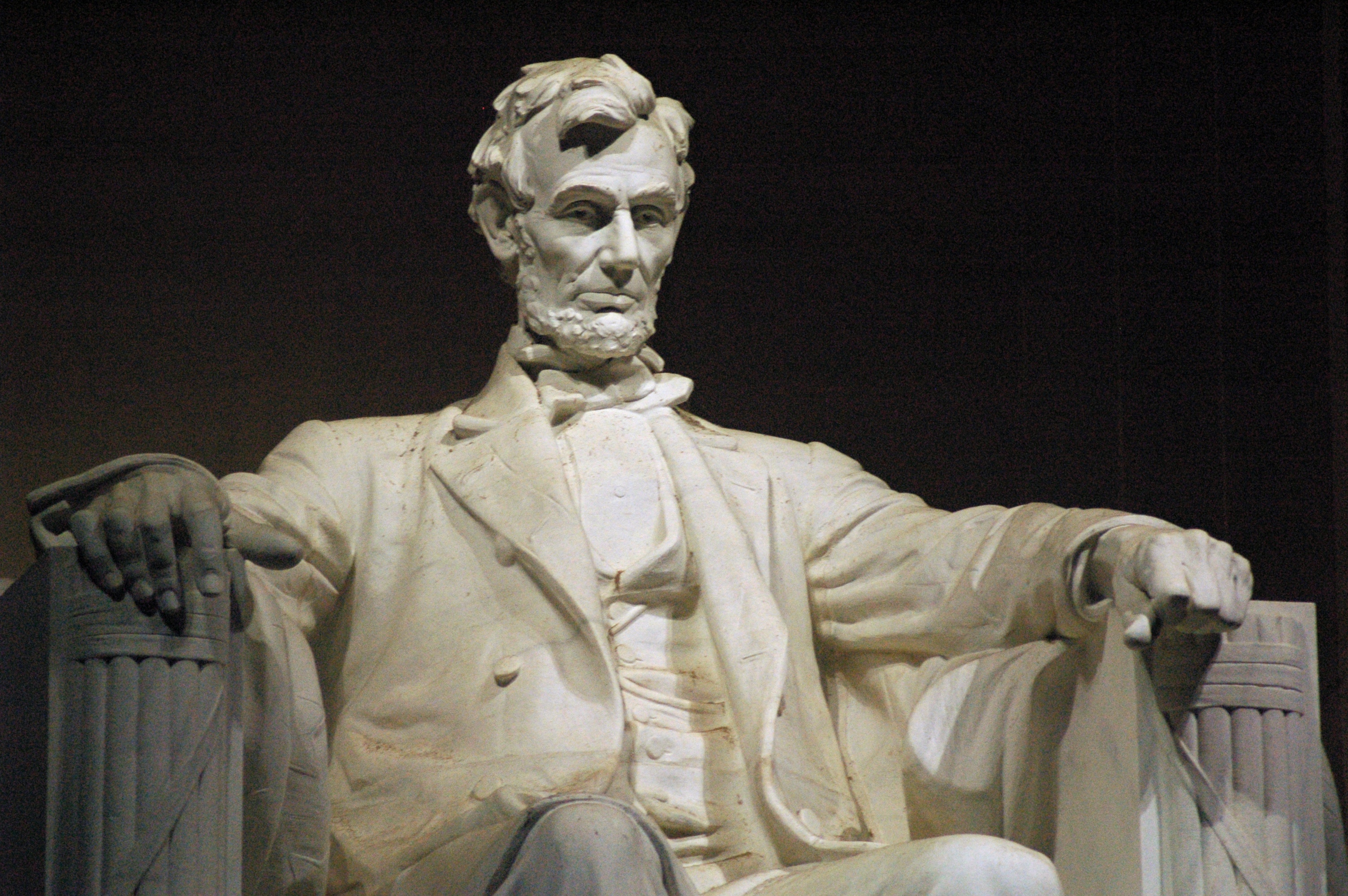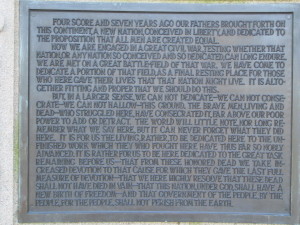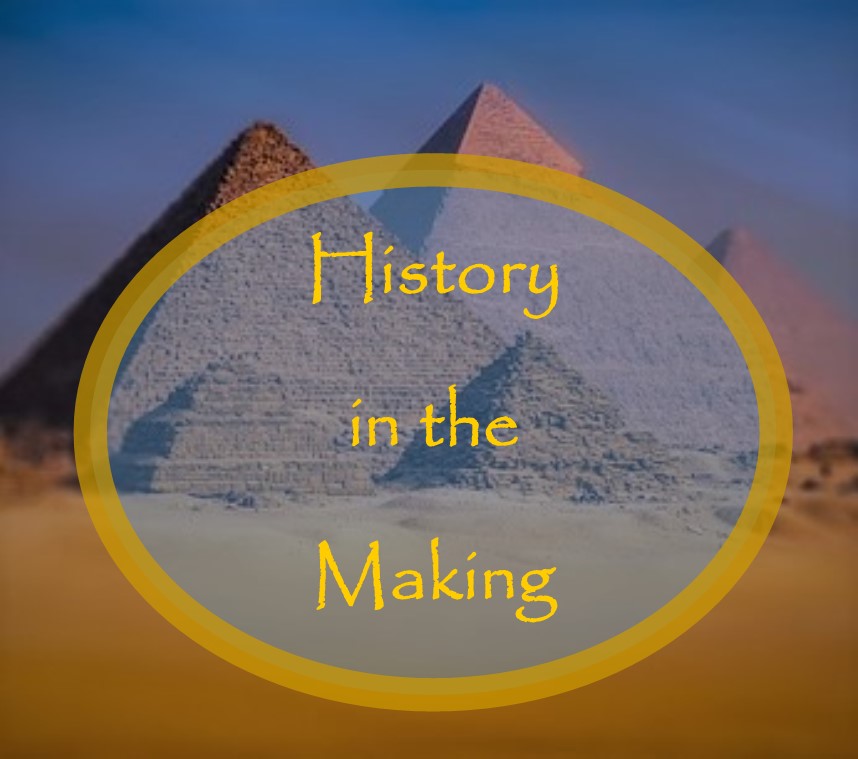by Sandra Merville Hart
With the celebration of Presidents Day this month, Americans may remember the very famous Gettysburg Address written and delivered by President Abraham Lincoln during our nation’s greatest turmoil.
Lincoln had been invited to give a “few appropriate remarks” at the dedication of a new national cemetery in Gettysburg, Pennsylvania. He pondered the short speech he’d written, rewording phrases until the meaning was clear. Every sentence must count on this significant occasion.
Edward Everett, a well-known orator, spoke for two hours on a pleasant November day in 1863.
Lincoln congratulated Everett. Then the tall president, gaunt with the strain of leading a divided country, stepped in front of the crowd. Perhaps he felt inadequate to address the citizens after listening to such a talented speaker.
Then Lincoln delivered what has become one of the most famous speeches in American History for at least three reasons: an emotional hook; an acknowledgment of the obvious; and the clever use of repetition.
Lincoln hooked his audience with an emotional reminder of their noble roots. “Four score and seven years ago” a nation was born, recent enough that a few listeners might have been living at the time. Eighty-seven years ago our country began with the notion that “all men are created equal.” This reminded soldiers and citizens that the cause of slavery was worth the fight.
Lincoln also acknowledged the obvious. No one could ignore the remnants of a battle that so recently claimed a tragic number of lives. Fresh graves, destroyed fields, and bullet-ridden homes surrounded those in attendance. The dedication of the military cemetery united the mourners.
Lincoln's clever use of repetition drove home a vital message in the Gettysburg Address. #History #Author Click To TweetHis clever use of repetition drove home a vital message. “But in a larger sense we can not dedicate — we can not consecrate — we can not hallow this ground.” He arranged meaningful words for maximum impact.
The repetitive phrase so easily recognized by the changing of one word — a preposition — ends the speech with inspirational impact: “that this government of the people, by the people, for the people, shall not perish from the earth.”
President Lincoln took two days from a busy schedule to deliver words he feared “the world will little note nor long remember.”
History remembers, President Lincoln. Your immortal words spoken on sacred ground remind us of the Battle of Gettysburg — considered by many experts to be the turning point of the Civil War — and the national cemetery where many of our heroes lay.




 We love helping your growing in your writing career.
We love helping your growing in your writing career.

No Comments